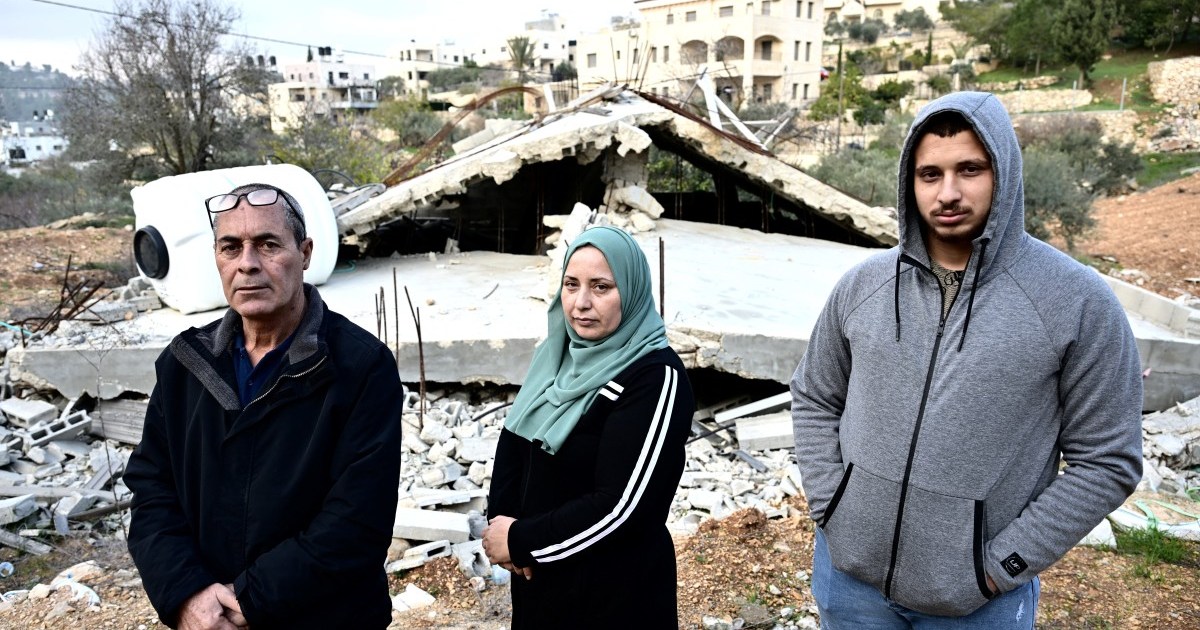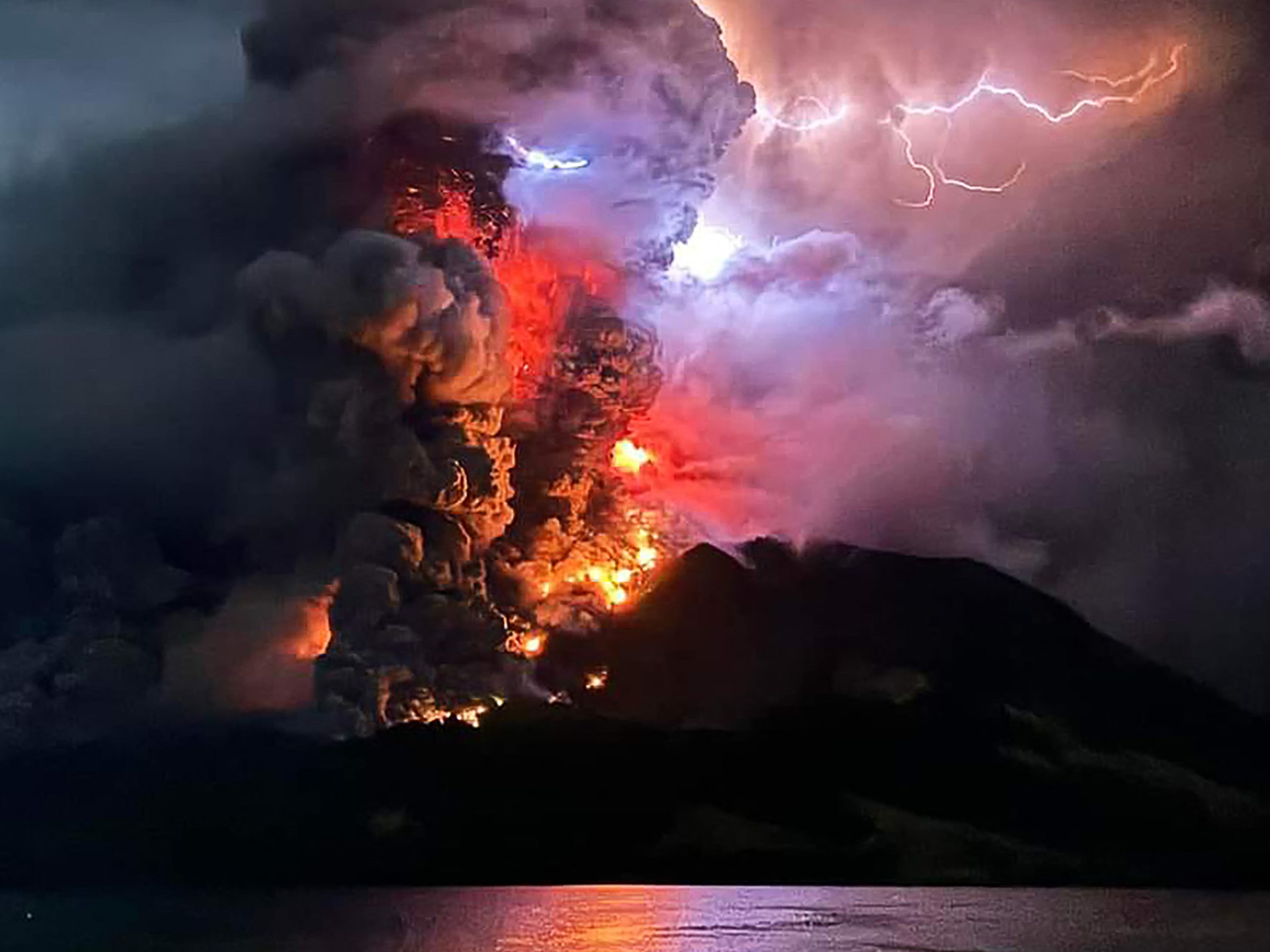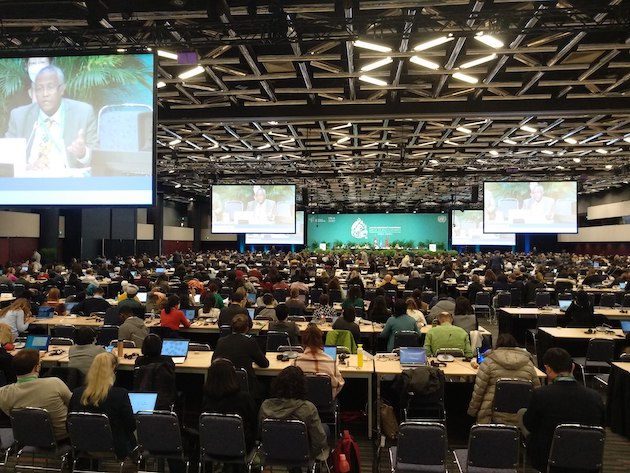Palestinian village fears Israel wartime demolitions | Israel War on Gaza News
Wiping away tears, Ghadeer al-Atrash stood before her bulldozed home in a Palestinian village abutting Israeli settlements, a fate feared by hundreds of villagers as Israel ramps up demolitions during wartime.
The destruction of homes built without Israeli-issued permits, which campaigners say are nearly impossible for Palestinians to obtain due to Israel’s restrictive planning policy, has roiled occupied territories for years.
But campaigners say the wartime demolitions illustrate the wider effects of the conflict on Palestinian communities beyond the Gaza Strip.
Al-Atrash, a divorced mother-of-two, scrounged together about 200,000 shekels ($54,000) to build a house in al-Walaja, a village carved into hillside terraces and olive farms that is divided between the Israeli-occupied West Bank and East Jerusalem.
“My son dropped out of college. We saved money, borrowed money,” said al-Atrash, 43, standing in front of concrete debris from her house that was demolished last February.
“I had built it to get away from exhaustion and misery, for stability in my life.”
Dozens of al-Walaja families with pending demolition orders fear the same fate.
Since the current conflict between Israel and Hamas started on October 7, the government has accelerated demolitions in Palestinian areas, in what campaigners call collective punishment that threatens to inflame tensions already heightened by the fighting.
Some 444 Palestinians in Area C – West Bank territory under full Israeli control – and annexed East Jerusalem have been displaced following demolitions due to a lack of permits, according to the United Nations humanitarian agency (OCHA).
This represents a 36 percent increase in displacement since the beginning of 2023, OCHA said.
The part of al-Walaja affected by demolitions falls under East Jerusalem, where the Israeli activist group Ir Amim said demolitions jumped more than 50 percent in the three months since October 7 compared with the rest of 2023.
The Israeli Supreme Court has stayed demolition orders for 38 houses in al-Walaja, which has a population of about 3,000. At least six houses that are not part of the freeze face an imminent risk, Ir Amim said.
At the heart of the demolitions is what OCHA calls Israel’s “discriminatory” planning policy.
Since 1967 when Israel occupied the West Bank and annexed East Jerusalem, authorities never made a zoning plan for the al-Walaja area under its jurisdiction, making it impossible for residents to build legally.
Israel claims the whole of Jerusalem as its undivided capital. Many Palestinians view demolitions as an attempt to push them out of annexed East Jerusalem, which they want as the capital of a future Palestinian state.
The sprawling Jewish settlements of Gilo and Har Gilo – illegal under international law – have already encroached on al-Walaja land.
The village is also hemmed in by the kilometres-long West Bank barrier – built by Israel in the early 2000s – which has cut off residents from pastures and freshwater springs.
Many Palestinians with demolition orders say they choose to tear down their own homes to evade high government levies and the cost of renting the municipality’s bulldozers.
“Israel, as the occupying power, is obligated to protect the Palestinians,” said Greg Puley, acting head of OCHA’s office for the occupied Palestinian territories.
“Palestinians must have access to a fair and equitable planning system.”
Check out our Latest News and Follow us at Facebook
Original Source





